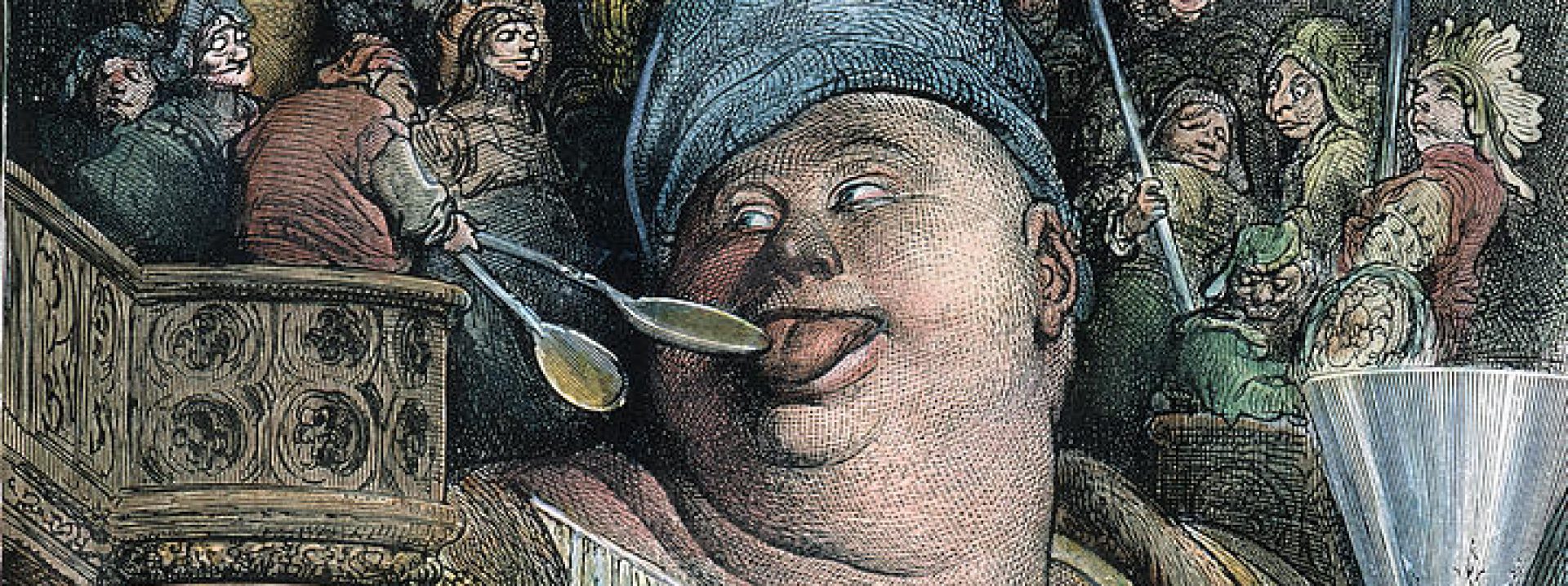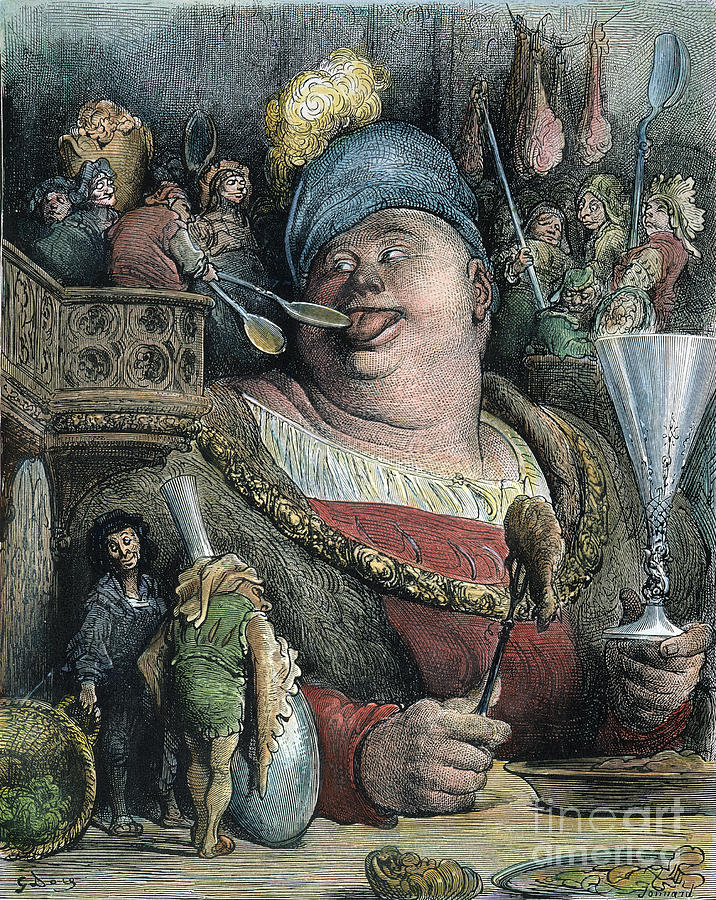Hi everyone! I’m looking forward to opening up a conversation on the place of enslaved figures in the Athenian comedies that we are reading. I will be taking excerpts from the classicist, Moses Finley to provide some historical context for the relationships between the free poor of Athens and enslaved people. Finley is skeptical that there was any sort of substantive allyship between the two groups, arguing that specific characteristics of ancient Greek slavery succesfully naturalized the institution so much to the extent that it went largely unquestioned.
“Not even the wildest of the accusations against the demagogues – and they were
M.I. Finley, “Was Greek Civilization Based on Slavery?” 1958, 156.
wholly unrestrained as every reader of Aristophanes or Plato knows – ever
suggested anything which would hint at a working-class interest, or an anti-
slavery bias. No issue of free versus slave appears in this field of public activity”
Unfortunately, because Bakhtin disdained the works of Aristophanes as worthy of study for grotesque realism and the carnivalesque, we do not have a direct analysis from him of these plays with those frameworks. Still, I think it is important to sit for a bit and work through what the presecence of chattel slavery in Knights and Peace and their historical contexts means for those categories.
This appetizer presentation is inspired by a class that I took last year where we examined literary bonded/enslaved figures across many times and places. I plan to first present a summary of what Finley considers the defining characteristics of ancient Greek slavery. Then I will ask the class to help read two excerpts from the Finley piece that I think best illuminate the issue of enslaved-free poor relations. We will finish with an open discussion and hopefully intrigued to learn more.
For anyone interested here is the full article: https://www.jstor.org/stable/pdf/4434609.pdf


I’m super excited for this Appetizer presentation– our discussions and readings so far have demonstrated how essential conversations about power are in considering the Carnivalesque and the Grotesque, so I think it’s really important to spend time thinking about the role of enslaved characters in these contexts. Reading your post I have some questions going into the presentation, especially regarding enslaved characters in Peace: Is it possible for the Carnivalesque “utopia” to exist in a society with enslaved people? Are there particular ways that this utopia exists for the free poor and not the enslaved? Who do the “joys of peacetime” benefit in these societies? While enslaved characters are an essential lens through which to consider these questions in Peace and Knights, what other people or groups play similar roles in the works we have read? I hope these are helpful questions going into the discussion and I look forward to the conversation!
Thank you for such a good discussion on Tuesday everyone! I appreciated some folks’ background knowledge about other examples of slavery in Greek drama. I did not note who said it, but I really like the point about complicating my presentation with the fact that there were moments of utopia in Greek literature that did not have slavery. Even though the Finley article strongly asserts that slavery was never questioned significantly, the Greeks understood that slavery was wrong.
Looking back I wish I had posted earlier of course and maybe include only one excerpt from the Finley. That would have focused the conversation better and might have allowed a close reading.